View Source Conference
Amsterdam
&
Watch the videosJoin us for our fifth View Source conference in Amsterdam on September 30th and October 1st of 2019.
This year, we are expanding View Source to bring you a deeper dive into how browser vendors, and others, create and support web standards, as well as best practices for building for the web.
View Source Amsterdam was formed in collaboration with our friends at Microsoft, Google, Samsung, and W3C to provide a dive deeper dive into the workings of the web. Over two days, we’ll feature visionary speakers, discussion areas and Q&A with engineers, our event partners and others across the industry, through collaborative breakout sessions and engagement programs we call Conversation Corners. View Source also provides opportunities to connect with and learn from like-minded people in a collaborative, inclusive environment.
We will have live captioning and reserved seating available.
View Source offers Diversity Tickets for a low cost or at no cost to individuals who request assistance. Please email our View Source Team directly at viewsource-info@mozilla.com
“The Shape Of The Web” is about both accomplishments and challenges that lay in the past and present of the web. In his opening keynote, Henri Helvetica looks back in time and forward into the future, at the technologies the web has employed, but also at the future of its employed technologists.
He remembers the textual academic web of the early 1990s, and the sea change that came when a browser allowed for both text and images to be displayed in the viewport. And he identifies some of today’s challenges in ensuring that the “gateway to the riches of the internet” remains open and inclusive for all.
The web platform is evolving to support more native capabilities, including integration with a user's OS-level settings. By using new CSS standards to honor a user's preferences around contrast and color scheme, we can craft more inclusive and accessible websites. In this talk, Melanie covers the difference between these emerging standards, considerations that shaped their design and application, and strategies for effectively supporting your users—while maintaining a design point-of-view.
Conversation Corner 1
Antón Molleda, Stephanie Drescher, Rachel Simone Weil, Harald Kirschner
Conversation Corner 3
Firefox is going to have full support for the Web Speech API after we land the recognition part later this year. Join this session to learn what we are doing, and how you can use it to make your web apps smarter and more interactive using Mozilla's technology.
Main Stage
We'll take a deep-dive into the standards process, it's history, and the economic and policy implications for the JavaScript standard.
Augmented reality is becoming more popular for both its artistic and business applications. This talk will explore the frameworks and tools that make AR more developer friendly, including adding live masks to a webcam image in 47 lines of JavaScript!
Conversation Corner 1
Conversation Corner 3
Given the recent demise of Presto and EdgeHTML rendering engines, and dominant market share growth for Chrome (and its Chromium engine), can we make a case for browser engine diversity in a decreasingly diverse browser engine world? In this talk we’ll talk about web compatibility, interoperability, the web standards process, and hopefully conclude that we should care about these things in 2019.
As the owners of web performance, my team is often asked some version of the question “Is the site fast yet?”. While it sounds simple, it's actually impossible to answer without asking more questions. “Is our site fast in New York but slow in Sydney? Is it fast on all devices or just on desktop? How fast is fast enough and most importantly, what does fast even mean?”. In this talk, I’ll share what we've learned while finding an answer to this question, including how to conduct a performance audit, how to talk about performance with your teammates outside of engineering, and how to advocate for your users by making performance a priority.
This talk will provide an overview on how to effectively assess and optimize site performance using a slew of industry grade tooling. Learn how to methodically diagnose, benchmark (against both lab and field metrics), and monitor your site speed using these tools.
Until 19:00
This talk will provide insights about markets that tend to be not well-understood such as India or Indonesia. The goal is to provide an overview of what makes these markets interesting but challenging, e.g. data about the device landscape, state of the web and native apps, connectivity challenges and evolution, opportunities. Parallels will be drawn to more familiar markets to show that efforts motivated by these markets can also benefit other markets.
Podcast Corner
Lightning Talks
Flexbox, Grid and Box alignment properties are powerful and versatile new additions our web development toolkit. However, they may be slightly confusing to wrap your head around if you do not completely understand how browsers interpret the CSS values you assign. Although we tend to associate DevTools with debugging, Firefox DevTools comes with features that can help visualise how these properties work and better understand what's going on as the viewport size changes.
The number of languages with WebAssembly support is growing. And you don't have to choose just one. You can use each of them for what they are good at. You can sprinkle in some C, C++, Rust, AssemblyScript (and more) as enhancements for your every-day-JS.
Conversation Corner 3
Mixed reality (MR) devices offer new opportunities, both for development and violating users’ privacy expectations. What are some unique considerations in the MR space? How can developers create exciting experiences that respect privacy, and what does privacy even look like in immersive contexts? Join this conversation to learn more about the risks and talk about mitigations and solutions for privacy on the immersive web.
This talk covers CSS as we know it today, alluding to the
specification's colorful (pun intended) past and examining how
things have evolved: from clear: both; to grid. We will
explore pragmatic solutions to problems web developers consistently
face with CSS, as well as talk in-depth about upcoming CSS APIs and
conventions that extend the language and allow a wider community to
contribute to its ever-growing featureset.
Independent creators on the web today are increasingly forced into a handful of content platforms. Web Monetization is a proposed new web standard which provides an alternative to ads and site-by-site subscriptions. It has the potential to level the playing field between indie creators and giant tech companies.
As creators of the web we have a responsibility to protect users privacy. This talk will discuss forming privacy principles and how listening to customers helps us know what problems to solve. We will dive into user research and how that drives changes to online privacy. We will explore the challenges of providing users with the balanced level of transparency, control and education about their online privacy. Lastly, we will look forward towards the future of privacy.
Every new medium looks to what has come before for guidance. Web design has taken cues from centuries of typography and graphic design. Web development has borrowed metaphors and ideas from the world of architecture. Let's take a tour of some of the most influential ideas from architecture that have crossed over into the web, from pattern languages to responsive design. Together we'll uncover how to build resilient, performant, accessible and beautiful structures that work with the grain of the materials of the web.
Space is limited, you can RSVP here.
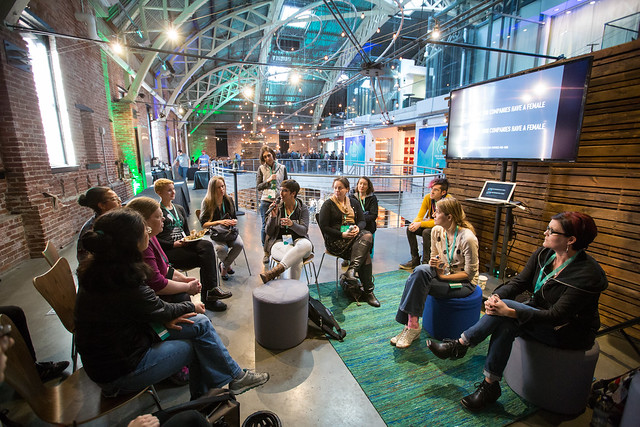
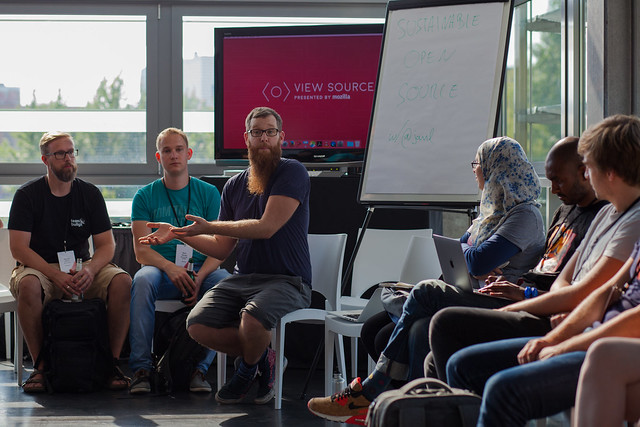
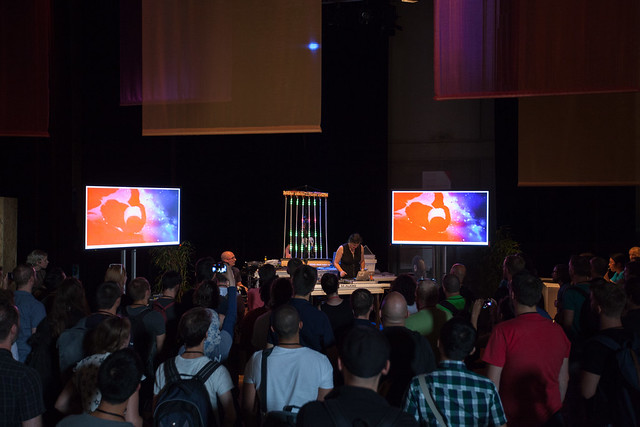
Monday, September 30th
11:15
12:30
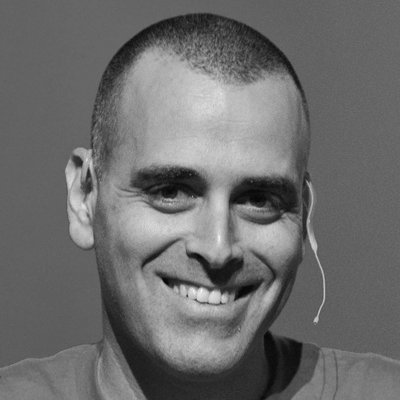 Yoav Weiss, Developer Advocate
Yoav Weiss, Developer Advocate
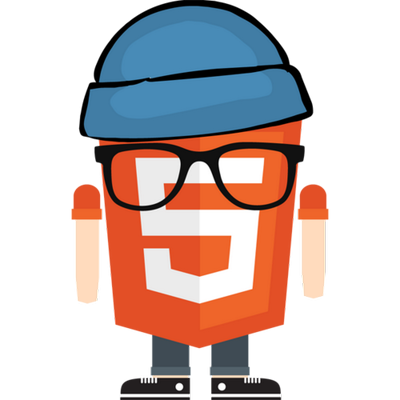 Pete LePage, Developer Advocate
Pete LePage, Developer Advocate
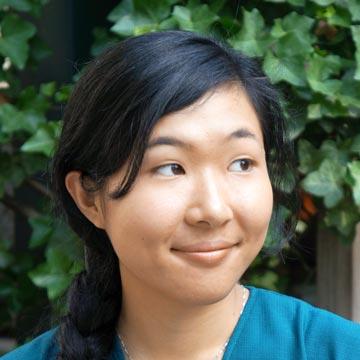 Mariko Kosaka, Developer Advocate
Mariko Kosaka, Developer Advocate
 Jochen Eisinger, Engineering Director
Jochen Eisinger, Engineering Director
15:00
Tuesday, October 1st
11:15
15:00
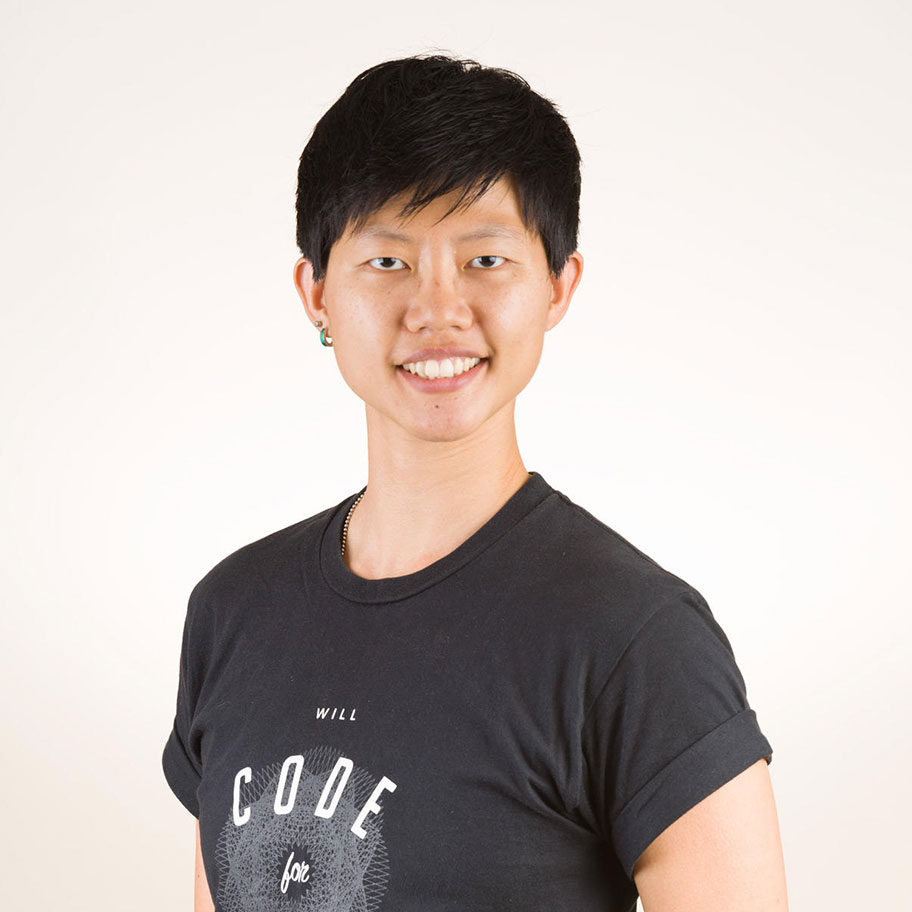 Hui Jing Chen, Mozilla Tech Speaker
Hui Jing Chen, Mozilla Tech Speaker
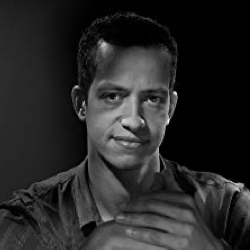 Dominique Hazaël-Massieux, W3C
Dominique Hazaël-Massieux, W3C
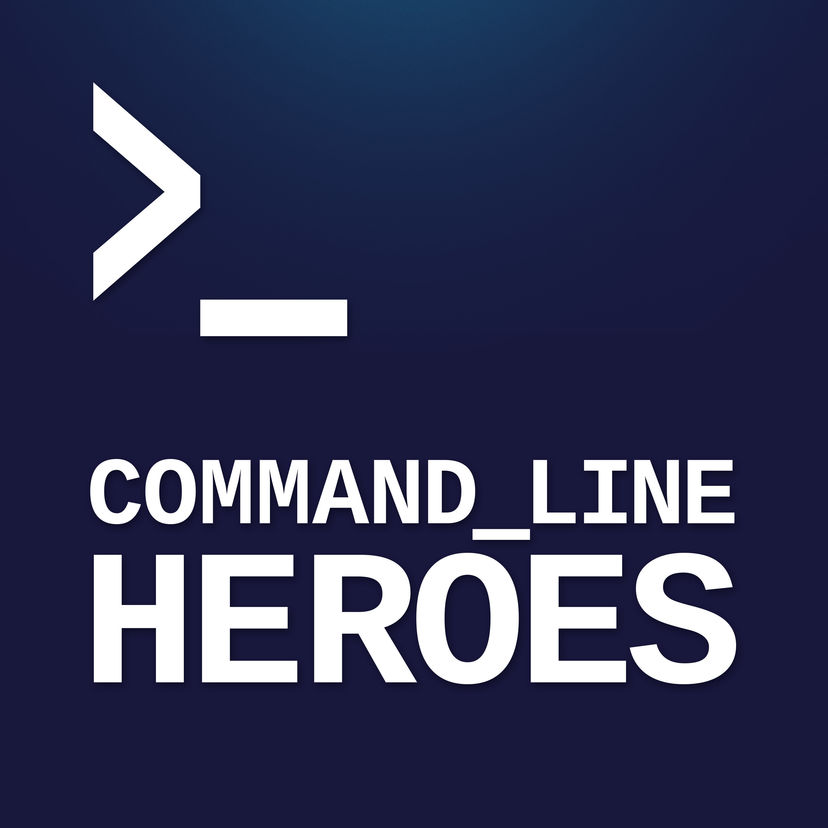
Command Line Heroes LIVE Recording
Command Line Heroes (an original podcast from Red Hat) shines a light on the developers, programmers, hackers, geeks, and open source rebels transforming the world of tech.
Saron Yitbarek will host a live version of our Creating JavaScript episode. Jeremy Keith will join her to talk about how a last-minute moonshot became one of the biggest programming languages of the web.
After the show, make sure to visit the Command Line Heroes space. There, you can chat with the podcast team, get your command line hero caricature, and help inspire future episodes.

Voices of VR LIVE Recording
The State of WebXR
There is a battle today between centralized walled gardens app ecosystems and the decentralized open web, and the development of open standards for an immersive metaverse have been evolving over the past 5 years through the WebXR specifications. We've all imagined what the science fiction depictions of the metaverse in Snow Crash and The Oasis in Ready Player One might look like, but how close are we to realizing the first iteration of an open metaverse that's build upon the spatial web?
Come listen to a live discussion with some of the architectural visionaries who have been designing the future of spatial computing where the world will become our operating system. How close are we to having the specifications locked down? What are some of the biggest challenges and open problems yet to be solved? Join the Voices of VR podcast host Kent Bye and a panel of experts who will be exploring the amazing potential or what the future of an immersive open web will enable.
View Source brings a special lightning talk presentation session on Day 2 starting at 1pm. Submit your lightning talk on your wants for the web! Selected participants will be notified via email to have 5 minutes to present their wants to an expert panel of judges and our live audience on stage.
What “wants” are we looking for? Well, if you build websites, you inevitably run into problems. Maybe there’s no way to achieve an aspect of your design using CSS. Or maybe there’s a device feature you really wish you could tap into using JavaScript. Or perhaps the in-browser DevTools don’t give you a key insight you need to do your job. We want to know your pain.
Best of all, the top problems selected by judges and one audience favorite will win awesome prizes!

Paul Veerbeek-Mast
Our host and MC for this Web We Want session will be Paul Veerbeek-Mast. Paul is a Senior Software Engineer at Confrere, based in The Netherlands, and organiser of the NLHTML5 meetups and other events. He’s passionate about welcoming everyone into tech and making the web work for everyone.
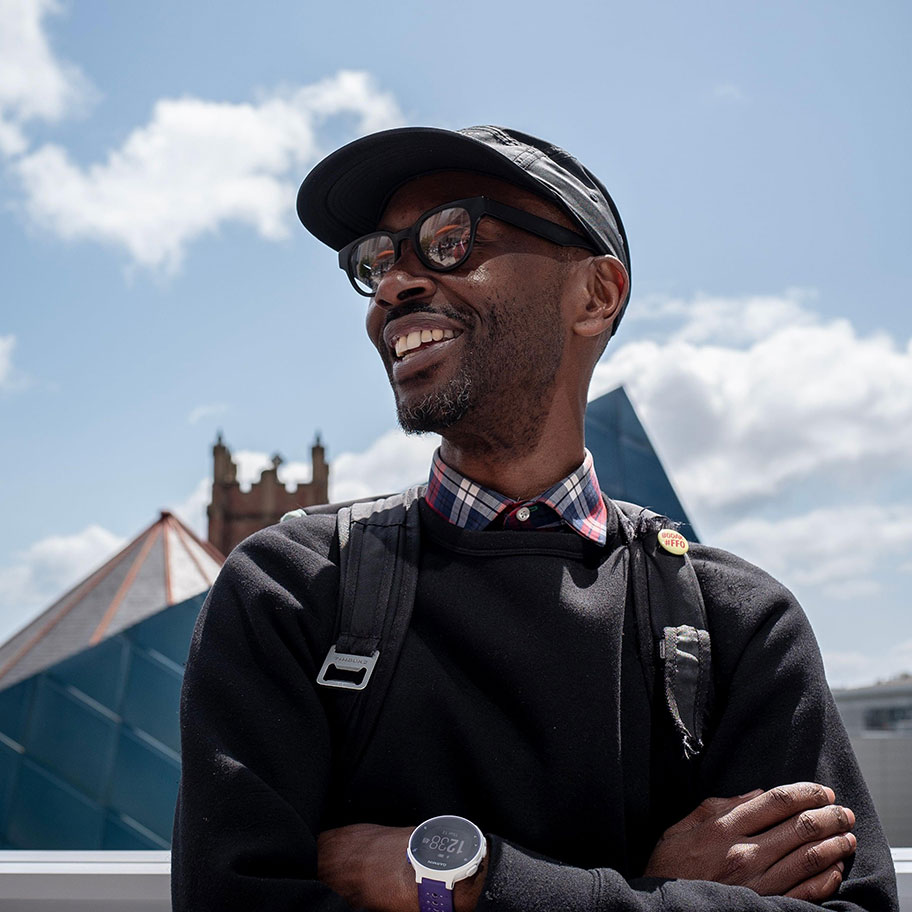
Henri is a freelance developer who has turned his interests to a potpourri of performance engineering with pinches of user experience. He has found enjoyment attending and speaking at web conferences, right down to local meetups to be amongst the community he loves. When not reading the deluge of daily research docs and case studies, or indiscriminately auditing sites in developer tools, Henri can be found contributing back to the community, co-programming meetups including the Toronto Web Performance Group or volunteering his time for lunch and learns at various bootcamps.

Bocoup • @jorydotcom
Jory is a consultant and educator working to improve collaboration in open source and open standards communities as a member of several industry boards and standards setting organizations. She is sponsored by Bocoup to advocate for web developers on Ecma International’s Executive Committee, the OpenJS Foundation Cross Project Council, the W3C Advisory Council, the MDN Product Advisory Board, and works on projects with OASIS Open Projects, Ecma TC39, Ecma TC53, and Web Platform Tests.
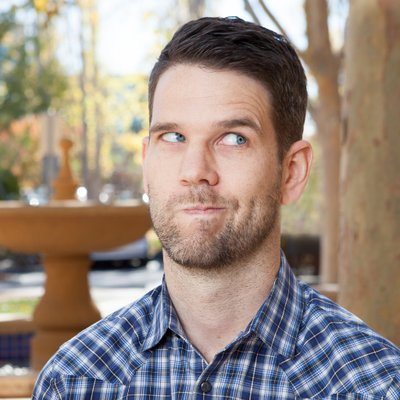
Google • @paul_irish
Paul Irish is a front-end developer who loves the web. He works on Lighthouse, Chrome DevTools, and performance metrics. A long time ago, he created projects like Modernizr, HTML5 Boilerplate, and Yeoman.
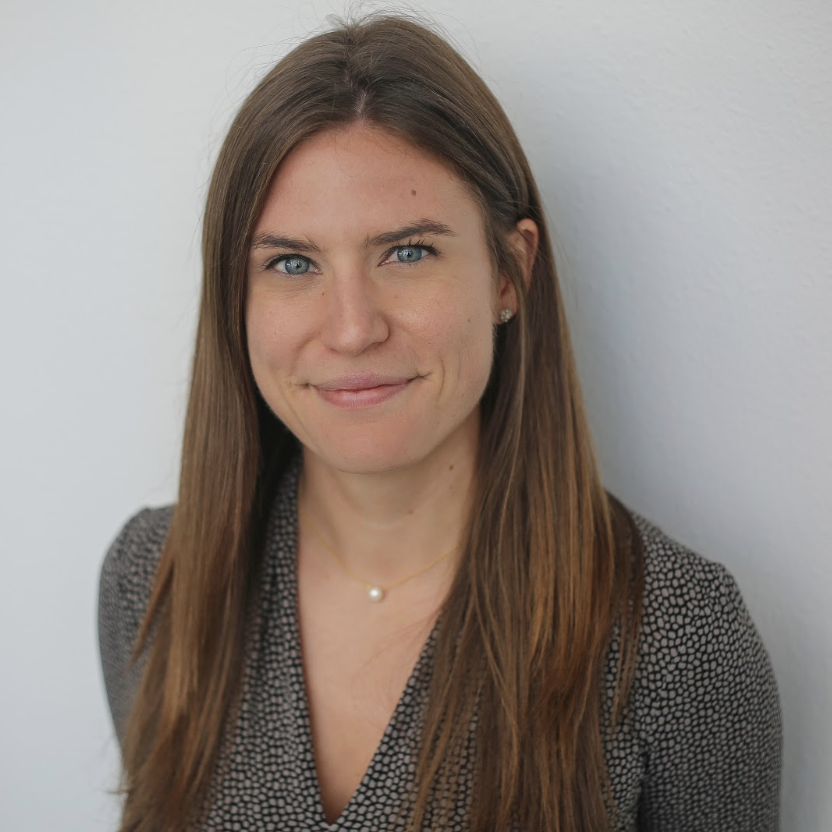
Google • @egsweeny
Elizabeth is a product manager on the Google Chrome Web Platform team, working to ensure that developers have all they need to create fantastic experiences on the web. Her products include Chrome DevTools, Lighthouse, the Chrome User Experience Report (CrUX), web.dev, and she manages Chrome's Customer Advisory Board. Elizabeth has a background in humanitarian technology, and she's delighted to be working on a platform that champions open access to information and utility for all.

Microsoft
Lillian is a Program Manager on the Microsoft Edge browser experience team, working on privacy features. She focuses on customers and ensuring the team is working together to build the best experience for users.
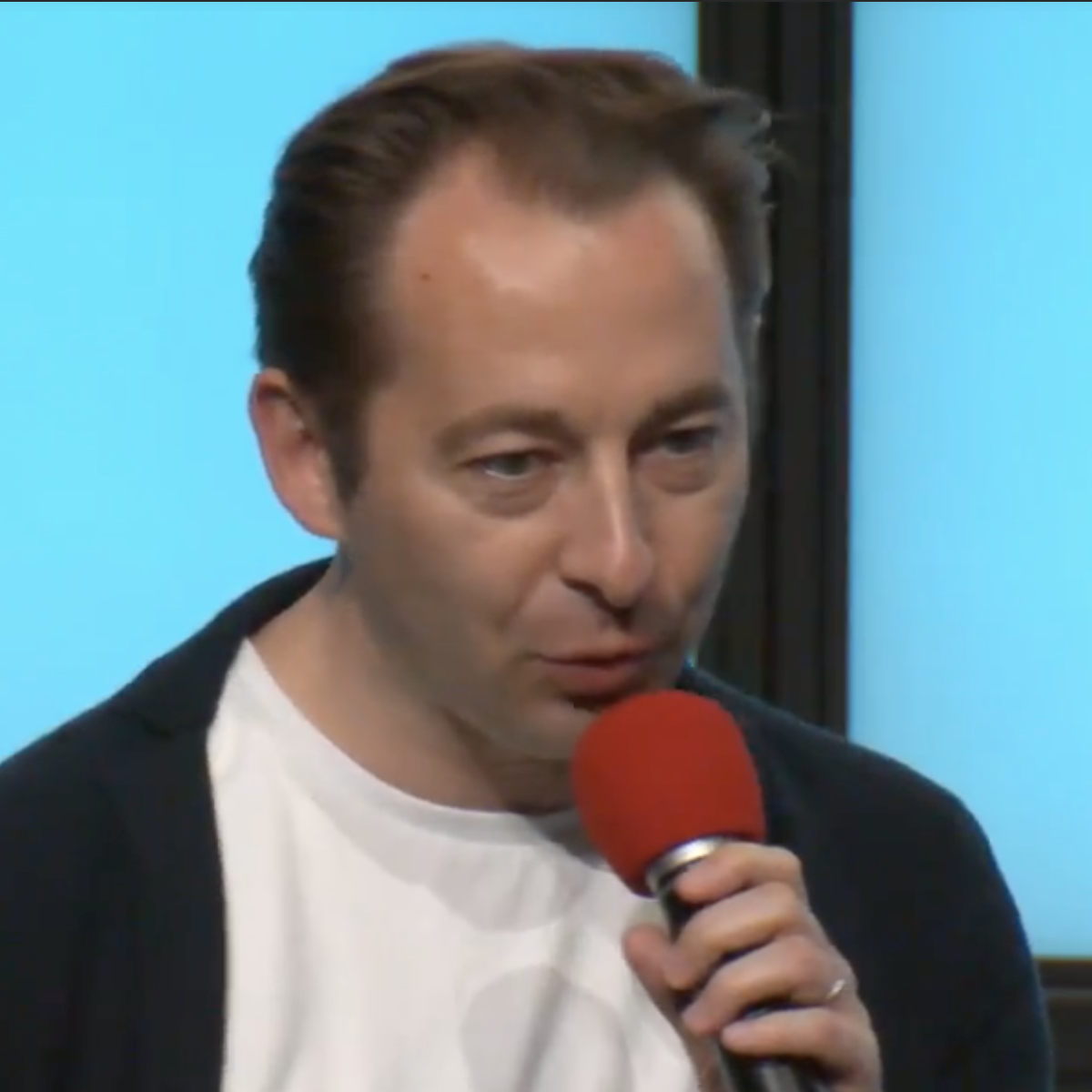
Google • @kenjibaheux
Kenji is the product management lead for Instant and Reliable Loading user experiences on the web platform team in Chrome at Google. He previously worked as a product manager on user facing products and features at Google such as Google Japanese Input, and accessibility features in Chrome OS. Prior to Google, Kenji was a software engineer at Sharp Electronics.
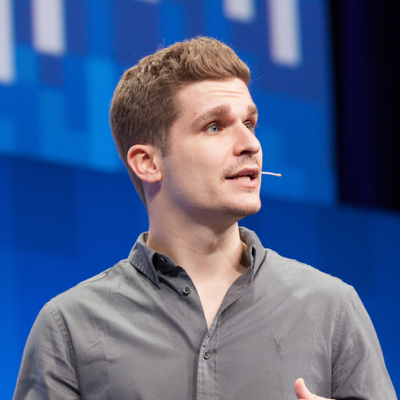
Google • @DasSurma
Surma is an engineer working with the Chrome team and an advocate of the open web platform. He likes to cut himself on the bleeding edge, goes full-stack every once in a while and prefers good code over functional one.
His current mission is alleviate pressure from the over-worker and under-paid main thread by bringing threading to the web. Throughout this journey he has implemented the off-main-thread architectures for Squoosh and PROXX, written libraries like Comlink and Clooney and is helping bundlers like Rollup and Webpack support Web Workers.

Clearleft • @adactio
Jeremy Keith lives in Brighton, England where he makes websites with the splendid design agency Clearleft. You may know him from such books as DOM Scripting, Bulletproof Ajax, HTML5 For Web Designers, Resilient Web Design, and, most recently, Going Offline. He curated the dConstruct conference for a number of years as well as Brighton SF, and he organised the world's first Science Hack Day. He also made the website Huffduffer to allow people to make podcasts of found sounds—it's like Instapaper for audio files. Jeremy spends most of his time goofing off on the internet, documenting his time-wasting on adactio.com, where he has been writing for over fifteen years.
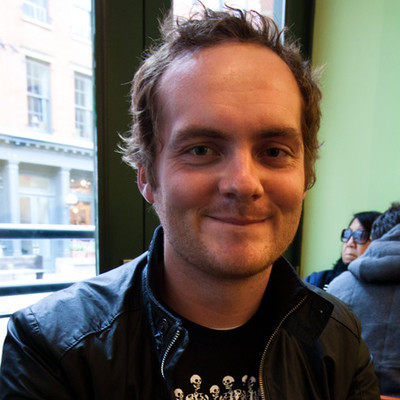
Mozilla • @miketaylr
Mike Taylor is the Engineering Manager of the Mozilla Web Compatibility team. He works and webmasters from home in East Austin, TX.
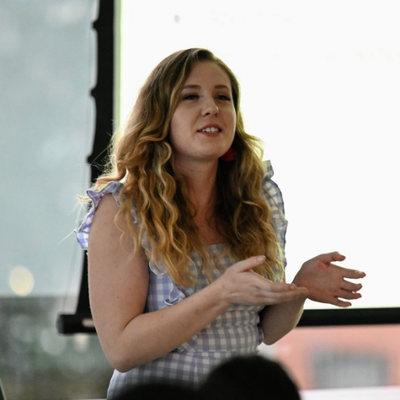
DEV • @aspittel
Ali is a software engineer at DEV. Before that, she was a lead instructor at General Assembly. She loves Python, JavaScript, and talking about code. She is most interested in the intersection of programming, art, and education.When Ali's not working, you can find her watching New England sports, competing on CodeWars, taking runs around Capitol Hill, rock climbing, or participating in DC coding community events. Ali also blogs at dev.to/aspittel where she learns talks about code and her life surrounding it. Her writing has gotten roughly 600,000 readers in the past year.

Mozilla • @selenamarie
Selena Deckelmann is senior director of engineering for Firefox and was a major contributor to PostgreSQL. She’s been involved with free and open source software since 1995. Her work on Firefox has focused on security and privacy, and her teams are more focused than ever on ensuring the possibility of a free, open and private experience for all users of the web.

Mozilla Tech Speaker • @hj_chen
Chen Hui Jing is a self-taught designer and developer living in Singapore, with an inordinate love for CSS, as evidenced by her blog, that is mostly about CSS, and her tweets, which are largely about typography and the web. She used to play basketball full-time and launched her web career during downtime between training sessions. Hui Jing is currently focusing on growing developer engagement around the APAC region.
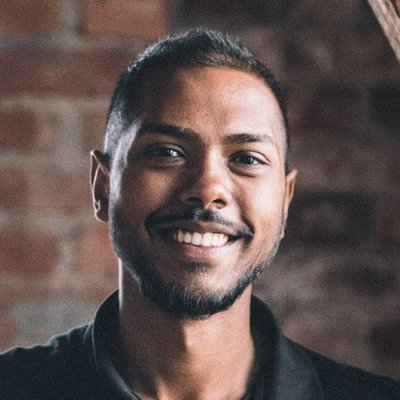
Tejas loves code and people. An award-winning web developer who begun coding at age 8, today Tejas speaks at conferences to developers in order to spread knowledge and encourage communities worldwide.
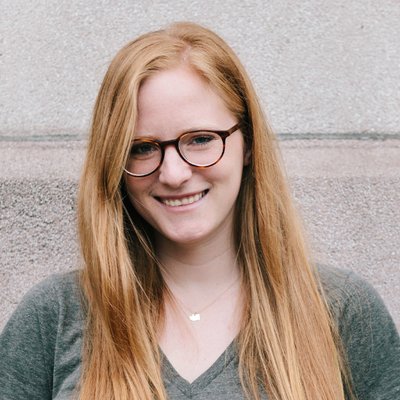
Microsoft • @somelaniesaid
With a background in Web design and front-end development, Melanie helps to shape the Web platform as a Program Manager on the Microsoft Edge team. Melanie is a member of the ARIA, CSS, and WebApps Working Groups at the W3C, with a focus throughout on web accessibility. She loves a good side project and is currently pondering how we can bring more art and individual expression back to the Web.

Coil, Interledger • @justmoon
Stefan Thomas is the Founder and CEO of Coil, a San Francisco based startup that's working to create a better business model for the Web. Prior to Coil, Stefan was a prominent figure in the blockchain movement. As an early Bitcoin contributor, he produced the popular “What is Bitcoin?” video, introducing millions of users to Bitcoin and created BitcoinJS, the first implementation of Bitcoin cryptography in the browser. As CTO and one of the first employees at Ripple, Stefan designed new protocols for cross-border payments, now used by banks all over the world. As part of this work, he co-created Interledger, an open, Internet-like protocol for value transfer. Stefan is a passionate supporter of financial access and worked with the Bill & Melinda Gates Foundation to develop Mojaloop, an open-source national payment switch that connects mobile wallets in developing markets.
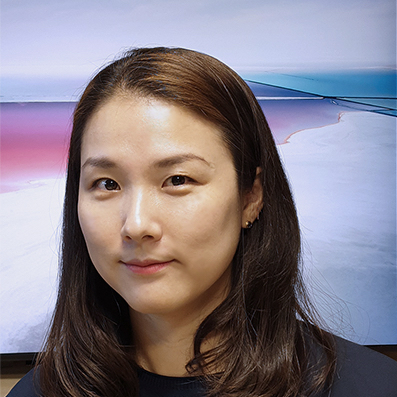
Samsung • @hjrchung
Heejin Chung is a Principal Engineer at Samsung Electronics where she leads a team of developers working on Samsung Internet. She spent more than half of her 15+ year experience at Samsung working on various aspects of web browsers—from opensource web engines to usability features and content services. Heejin is a strong believer of the openness and continuing evolution of the Web, and her latest interest is the Web as the means to provide a smooth and consistent experience to users across all platform and device segments, regardless of their network status.

Mozilla • @andreasbovens
Andreas is Platform Lead in Mozilla's Product team, focusing on all things Gecko and GeckoView. He manages a team of awesome Product Managers working on Rendering, Runtime, Web Compat, Accessibility, Developer Tools, Add-ons, and New Form Factors.
Before joining Mozilla, he worked as Mobile and Add-ons product manager at Opera Software, and he also built and managed Opera’s Developer Relations team for over 7 years.
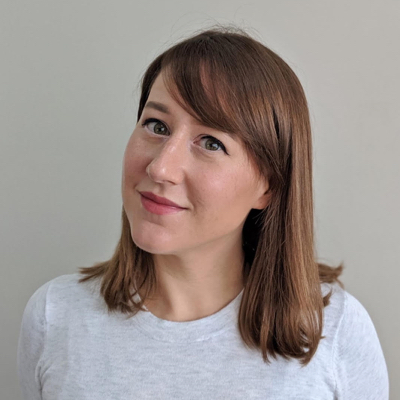
GSMA • @thisnatasha
Natasha has worked across the web and internet industry as a developer, a technical expert and an engineering manager. She’s chaired groups in W3C and IETF and has provided insight and expertise on technologies "from the Transport Layer up" to high level forums in the telecoms industry.
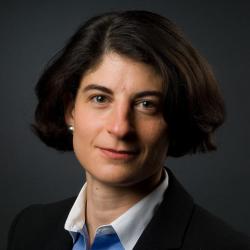
W3C • @wseltzer
Wendy Seltzer is Strategy Lead and Counsel at the World Wide Web Consortium (W3C), where she leads the Consortium's new work development, including on privacy, security and web payments. She researches openness in intellectual property, innovation, privacy, and free expression online. As a Fellow with Harvard's Berkman Center for Internet & Society, Wendy founded and leads Lumen Database, (formerly Chilling Effects Clearinghouse) bringing transparency to online takedown demands. She seeks to improve technology policy in support of user-driven innovation and communication. Wendy speaks and writes on copyright, trademark, patent, open source, privacy and the public interest online. She has an A.B. from Harvard College and J.D. from Harvard Law School.
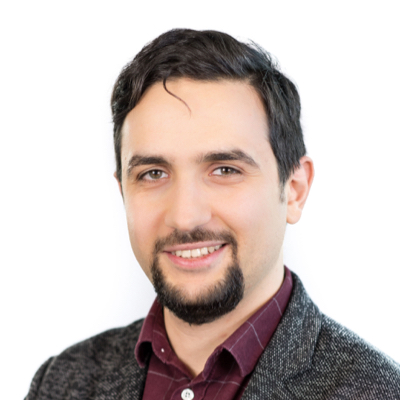
npm • @AhmadNassri
Ahmad is the CTO of npm—the largest package registry in the world—he is a software developer and an advocate of all things Open Source. A startup advisor and mentor to entrepreneurs & developers, he also founded Tech Masters – a developer community of over 8000+ members engaging in discussions on technology, careers, and learning. Ahmad leads the Enterprise Focus Group as part of the Node.js Foundation, whose purpose is to gather feedback and insights on challenges faced by closed-source projects that use Node.js within the context of large businesses. These challenges might not be immediately visible to the open source community, but they have a domino effect on all users. In his spare time Ahmad blogs on Technology & Leadership, mentors early stage startups, builds open-source projects used by developers world wide, and organizes technology conferences across Canada.
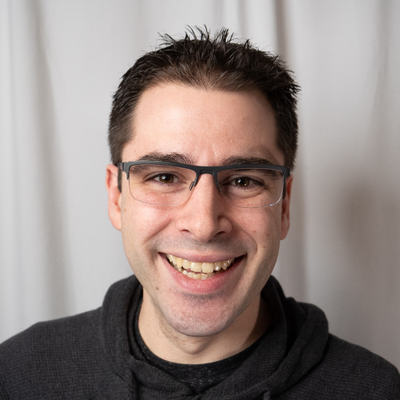
Indieweb • @aaronpk
Aaron Parecki is the co-founder of IndieWebCamp, an annual unconference on data ownership and online identity. Aaron helps people own their online content by creating specs such as the W3C Webmentionand Micropub specifications. He also participates in the OAuth working group, maintains oauth.net, and wrote OAuth 2.0 Simplified. He has spoken at conferences around the world about OAuth, data ownership, quantified self, and even explained why R is a vowel.

Samsung • @torgo
Dan Appelquist is the head of Web Developer Advocacy for Samsung Internet. He's a web & mobile industry veteran who has spent the last 25 years building services, sites, software and standards for the web and mobile web. He co-chairs the W3C Technical Advisory Group, sits on the UK Government's Open Standards Board and the MDN Product Advisory Board. He lives, breathes and eats the open web.

Mozilla • @ioctaptceb
Yulia Startsev is a programmer working on Firefox DevTools and Spidermonkey. She is also co-chair of Ecma's TC39, the standardizing body behind ECMAScript (JavaScript).
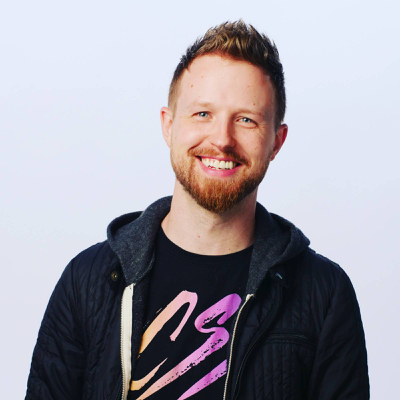
CSS/UI/UX Developer Advocate • @argyleink
Adam is a bright, passionate, punk engineer with an adoration for the web. He prefers using his skills for best in class UI/UX and empowering those around him. While currently a developer advocate at Google on Chrome, he’s worked at small app agencies, medium design agencies, startups, and consulting companies. At those companies his roles spanned product lead, front end architect, ui/ux engineer, ux designer, service designer and platform lead. These roles lead to developing over 50+ web apps across nearly every imaginable stack and screen size. His perspective on web dev is extracted from these experiences.
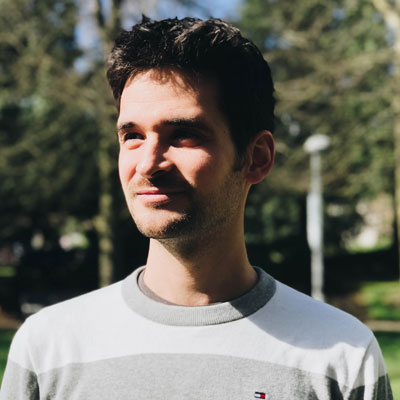
Microsoft • @molant
Senior Software Engineer Microsoft Edge.

Microsoft • @seaotta
Stephanie Drescher is currently a PM on the Microsoft Edge Developer Experience team, with a background in design and front-end development. She’s worked on UX for developer tools and is the designer for webhint. Her focus is currently developer relations for Edge as well as exploring design-centric tooling for web designers and developers.
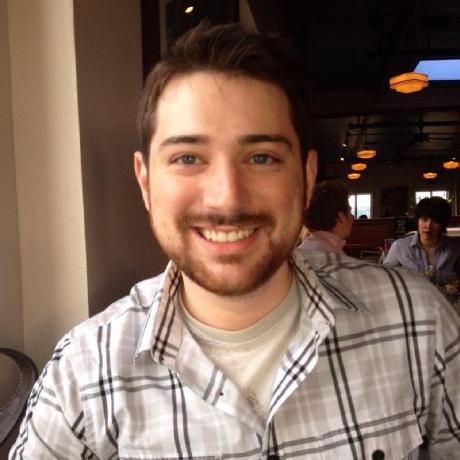
Microsoft • @kylealden
Kyle Pflug is a PM on the Microsoft Edge Developer Experiences team, leading a team focused on championing the needs of web developers and building a great platform and tools for your sites and web apps. He lives in Seattle, Washington, and can be found in the mountains when circumstances permit.

Microsoft • @partytimehxlnt
Rachel Simone Weil is an experimental designer who writes code for obsolete computers to create alternative, marginalized, and fabricated histories. Her work brings together passions for video game preservation, glitch art, and web development. Weil is currently a PM on the Edge DevTools team at Microsoft, where she's helping to bring awesome developer tools to web developers and designers.
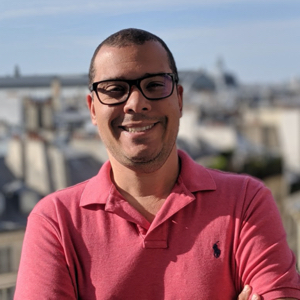
Mozilla • @andrenatalbr
André is a speech engineer on Mozilla's Emerging Technologies team, working integrating easy-to-use voice interactions with the web, in Firefox as well as other Mozilla products. Prior to Mozilla, he led and implemented dozens of Voice First apps on many different platforms, across the Americas, Europe and Asia. He currently lives in the SF Bay Area and can be found working from either Mozilla's Mountain View or San Francisco offices.

Mozilla • @floscholz
Florian Scholz is a Technical Writer working on MDN Web Docs where he dedicates his time to documenting and making Open Web technologies accessible to everyone. He lives in Bremen, Germany.
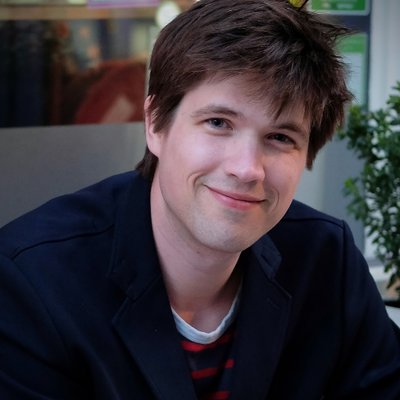
Google • @foolip
Philip is a software engineer on the Google Chrome team working to improve the interoperability between different browsers through better testing and better specs.
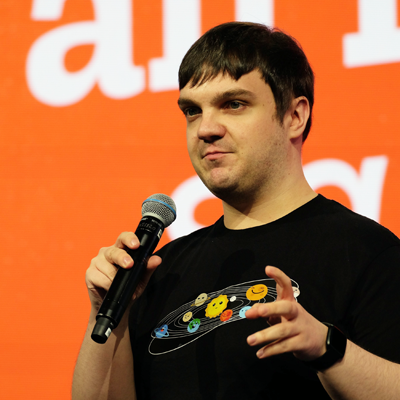
Mozilla • @denschub
Dennis Schubert works remotely at Mozilla from his home in Germany, making sure browsers stay compatible with each other and figuring out solutions whenever that is not the case.
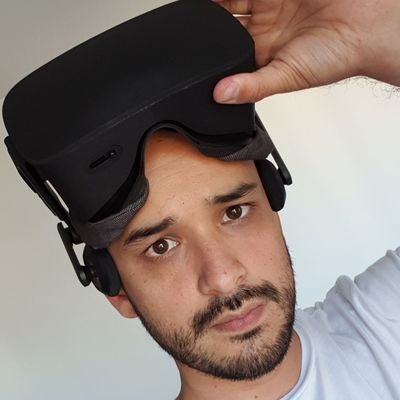
Samsung • @diekus
Diego Gonzalez is a Product Manager in the Web Advocacy Team in Samsung UK. He has worked in the Developer Relations team for Samsung Internet since its inception, where he is involved with WebXR, PWA and gaming initiatives. He holds a doctorate in Informatics from the Autonomous University of Barcelona, having done research in Stereoscopic User Interfaces. Before that, he has worked as a software consultant in projects for diverse companies in Costa Rica.
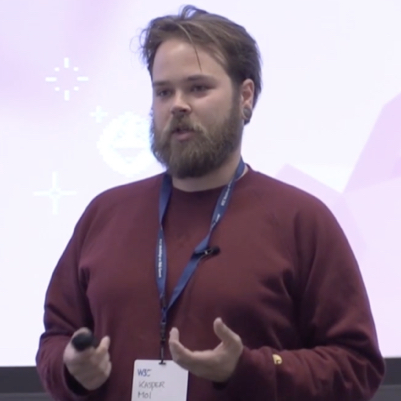
Poki • @Kasper_Mol
Kasper is a Game Tech Engineer at Poki; a web gaming platform offering free online games to more than 30 million users worldwide, on a mission to create the ultimate online playground. Poki is pushing the boundaries of great content on web, working together with large IP's like Subway Surfers and Crossy Road, but also helping smaller independent developers making a living by giving their games a worldwide audience through its self-service developer platform.

Mozilla • @wisniewskit
Tom is a web compatibility engineer working at Mozilla who is based near Toronto. When he is not diagnosing and helping to resolve webcompat and interop issues on the live web, he is generally helping with Firefox development, Web Platform Tests, and standards issues. He has over 15 years of full-stack experience working with the web as both a freelancer and salaried employee, developing web sites, apps, and frameworks.
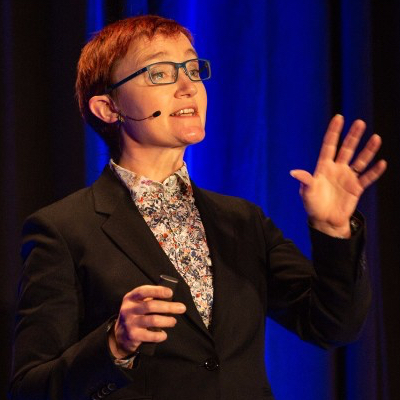
Rachel Andrew is a front and back-end web developer, author and speaker. Author or co-author of 22 books including The New CSS Layout and a regular contributor to a number of publications both on and offline. Rachel is co-founder of the CMS Perch and Notist, Editor in Chief of Smashing Magazine, a Google Developer Expert and a Member of the CSS Working Group. She writes about business and technology on her own site at rachelandrew.co.uk.

W3C • @dontcallmeDOM
Dominique is W3C Developer Relationships Lead, champion for the Telecommunication Industry in W3C, part of the W3C Project Management team, W3C Strategy Specialist on Virtual and Augmented Reality, and serves as staff contact in the WebRTC Working Group and the Immersive Web Working Group.
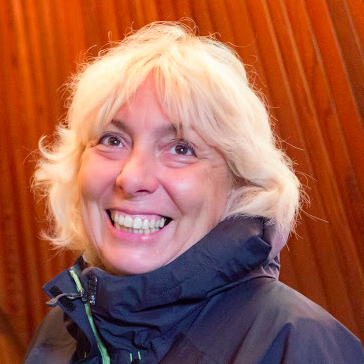
W3C • @marieforgue
Marie-Claire Forgue serves as Head of W3C Training. She developed the W3Cx MOOC program, in partnership with edX, where Web developers and designers worldwide learn front-end Web developement techniques using W3C Web standards. A member of the W3C Developer relations team, Marie-Claire organizes W3C devmeetups and feeds @w3cdevs. Marie-Claire received a Ph.D. degree (computer graphics and parallel processing) in Computer Science from the University of Nice and Inria, France.

W3C • @yoavweiss
Yoav Weiss has been working on mobile web performance for longer than he cares to admit, on the server side as well as in browsers. He now works as part of Google Chrome developer relations team, helping to fix web performance once and for all.
He takes image bloat on the web as a personal insult, which is why he joined the Responsive Images Community Group and implemented the various responsive images features in Blink and WebKit. That was his gateway drug into the wonderfully complex world of browsers and standards.
When he’s not writing code, he’s probably slapping his bass, mowing the lawn in the French countryside, or playing board games with his family.
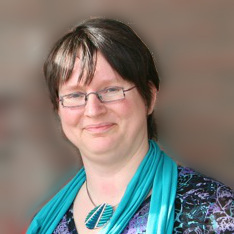
W3C
Annette Kik is a communication advisor at CWI. Since 2012, she has also been the manager of the W3C Benelux Office. She has a background in experimental nuclear physics and in science communication. From 2001-2005 Annette was a member of the Board of the Royal Dutch Mathematical Society (KWG), where she co-founded the 'Wiskunde Persdienst' (WPD) to promote mathematics in the media.
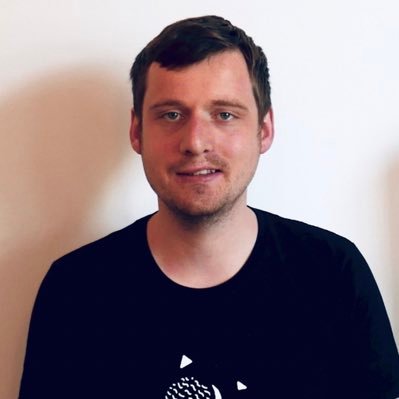
W3C • @hdv
Hidde is a Web Developer and Accessibility Specialist at the W3C's Web Accessibility Initiative (WAI), based in Rotterdam, The Netherlands. As part of the WAI-Guide project, he works on the accessibility of authoring tools like CMSes and website creators, and guidance that supports the web content accessibility guidelines (WCAG). He has over 10 years of experience working as a freelance front-end developer and accessibility person for organisations like Mozilla and the Dutch government. On his blog, he writes regularly about reusable components, CSS and web accessibility.
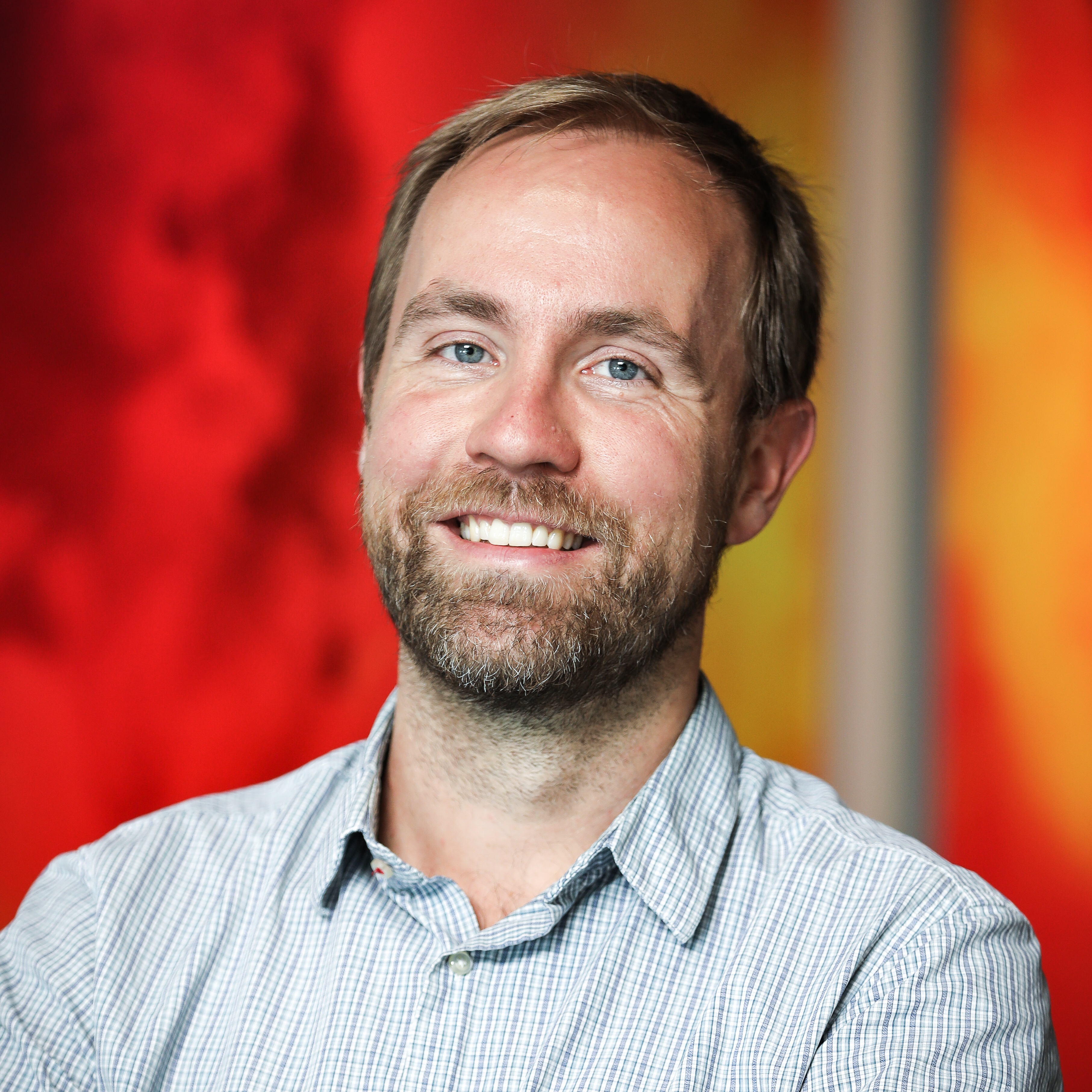
Mozilla • @digitarald
Harald "digitarald" Kirschner is a Product Manager for Firefox's Developer Experience and Tools – striving to empower creators to code, design & maintain a web that is open and accessible to all. During his 8 years at Mozilla, he has grown his skill set amidst performance, web APIs, mobile, installable web apps, data visualization, and developer outreach projects.
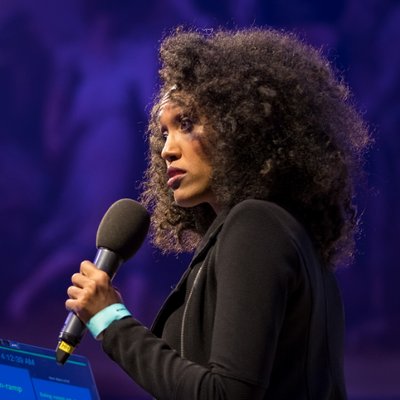
Command Line Heroes, Host • @saronyitbarek
Saron Yitbarek is the CEO and founder of CodeNewbie, the most supportive community of programmers and people learning to code. She's also a developer, speaker, and podcaster, and host of Red Hat's Command Line Heroes podcast.
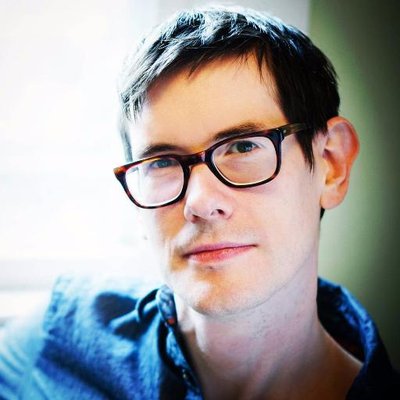
Voices of VR, Host • @kentbye
Since May 2014, Kent Bye has conducted over 1,100 Voices of VR podcast interviews featuring the pioneering artists, storytellers, and technologists driving the resurgence of virtual & augmented reality. He's a philosopher, oral historian, & experiential journalist helping to define the patterns of immersive storytelling, experiential design, & the ultimate potential of XR.

View Source MC • @Rumyra
Ruth is a creative engineer with a web development background. She has enjoyed a fifteen year career working on websites, applications and most recently interactive art projects, especially those featuring audio. She also educates people and enjoys talking about new web technologies, inspiring others to try them. Always coming up with exciting and engaging ways to use them, as well as interesting integrations into everyday development. As a Google Developer Expert and founding member of { Live : JS } she’s almost always got a conference talk lined up, article ready to be published or live show tour date in the diary.

Research Engineer Mozilla • @avadacatavra
Diane Hosfelt is the privacy and security lead for Mozilla’s Mixed Reality team.
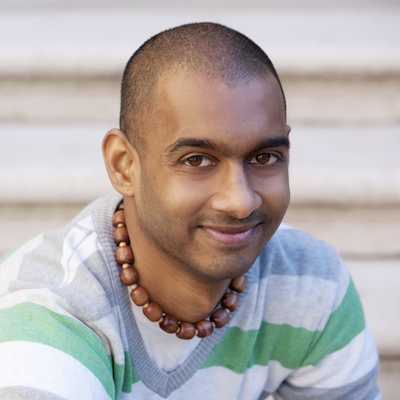
Grant for the Web • @cyberdees
Dees is a creative technologist, certified firestarter, sneakerhead and champion tea-drinker. After check-ins at various dot-coms (Mozilla Firefox, eBay, PayPal, BBC, Skype, Ask Jeeves) over the last two decades, he today has a portfolio of advisory roles with early-stage technology startups. Dees recently, in collaboration with Coil, Mozilla and Creative Commons, co-created and launched Grant for the Web, a $100M fund to boost open, fair, and inclusive standards and innovation to advance Web Monetization for content creators. Dees lives in London with his wife, Sanne and their two kids, Summer Skye & Kiran Quinn.

Microsoft • @ryancropp
Ryan is a software engineer on the Microsoft Edge Browser Experiences team, where he is helping make it easier for everyone to stay safe and have greater privacy online.